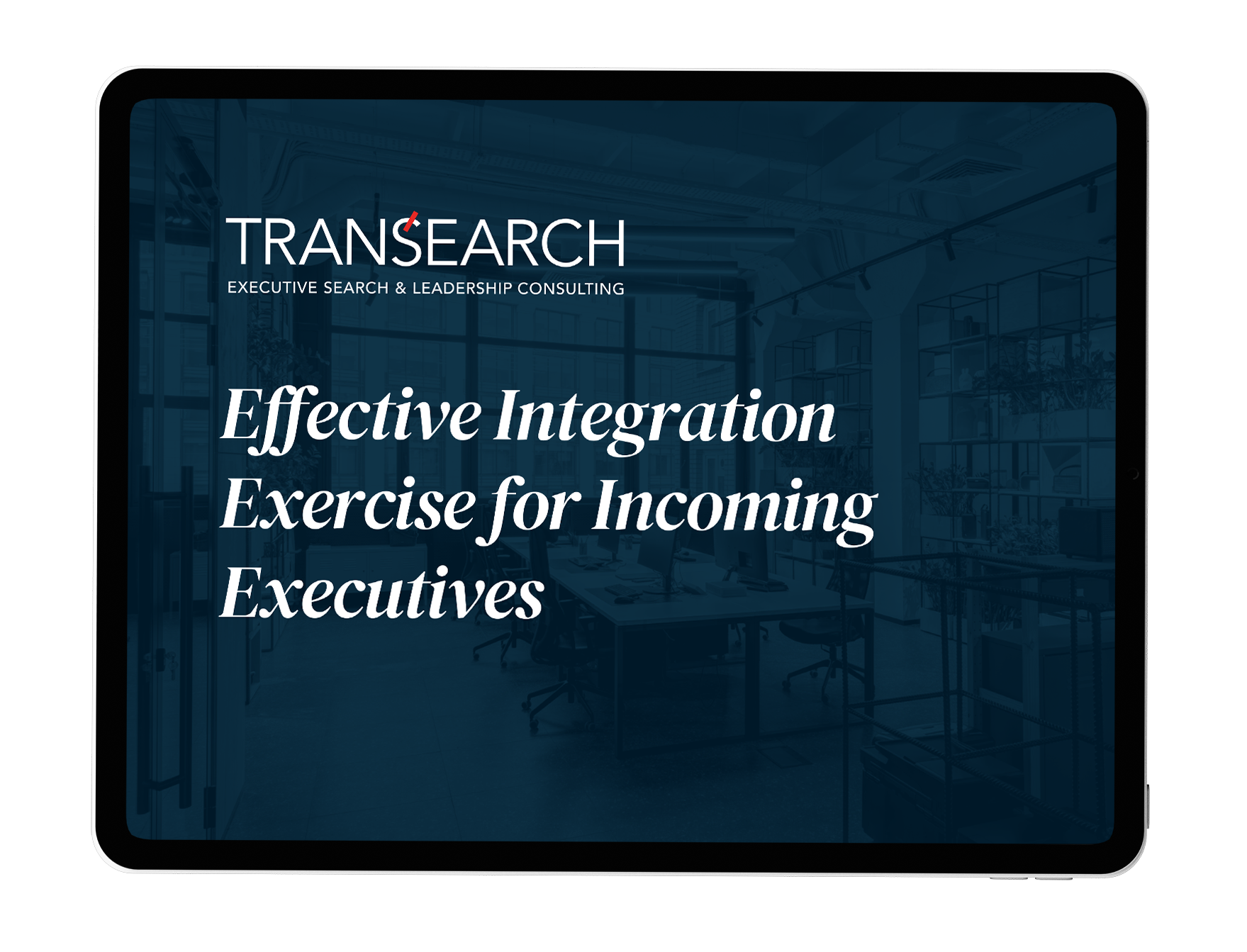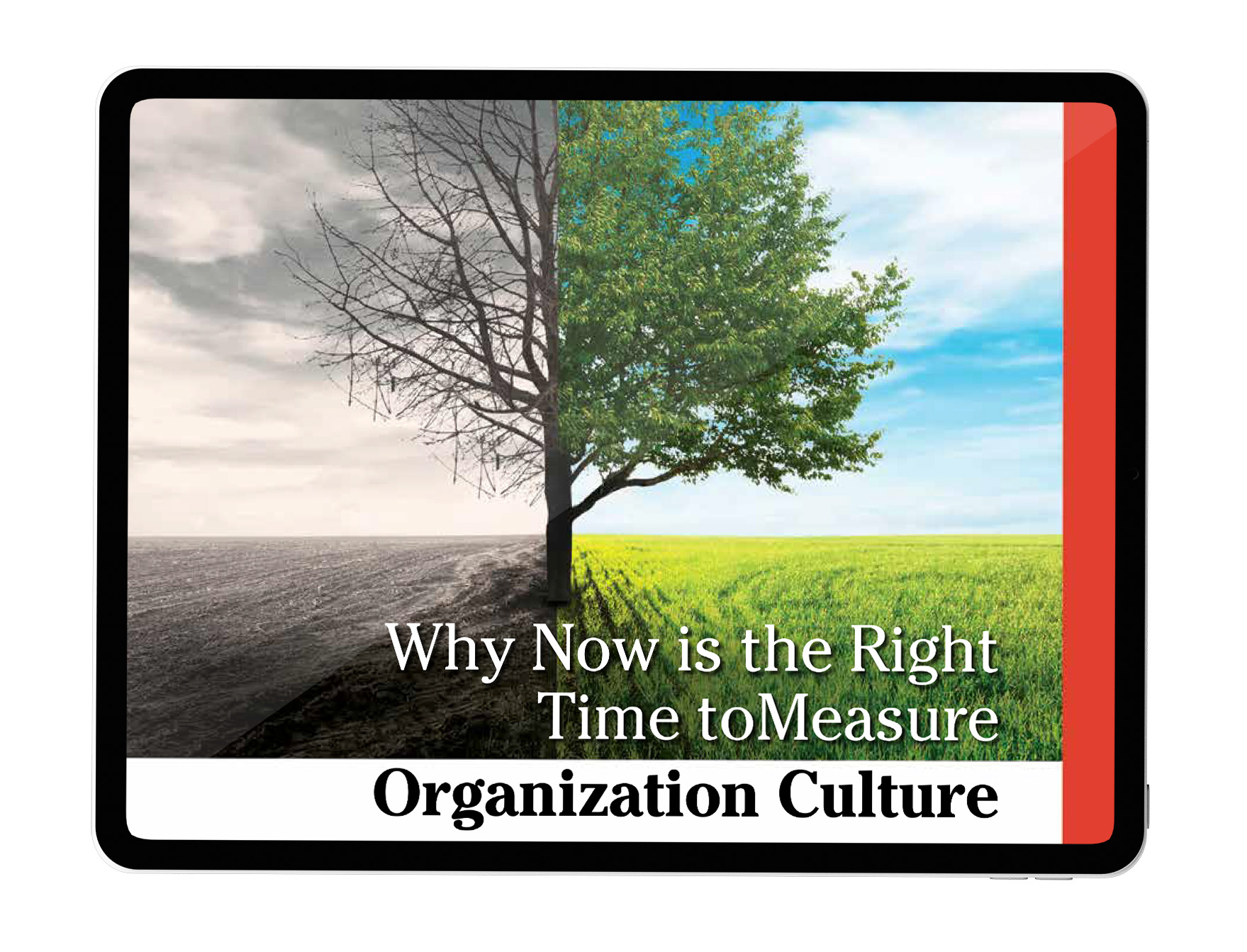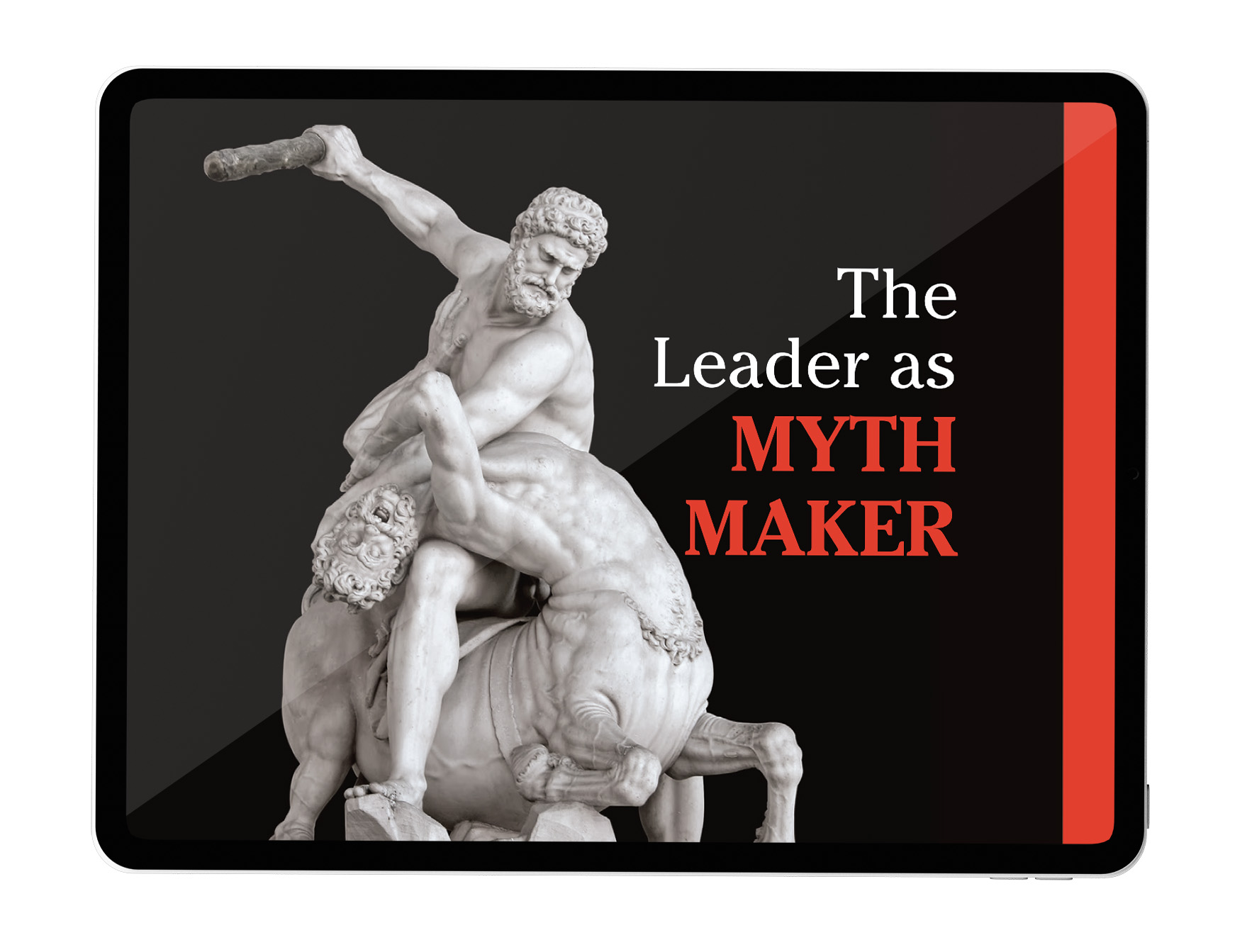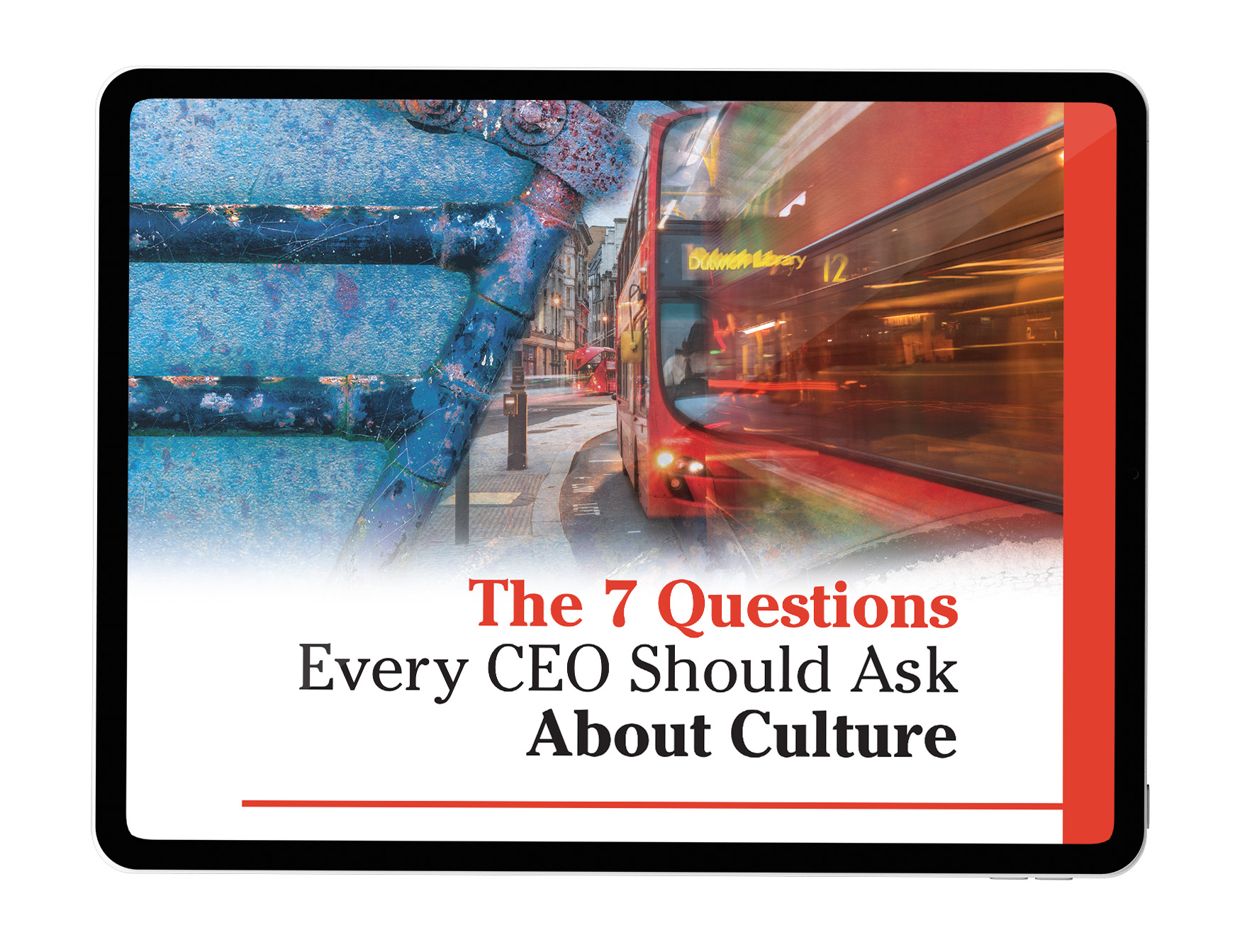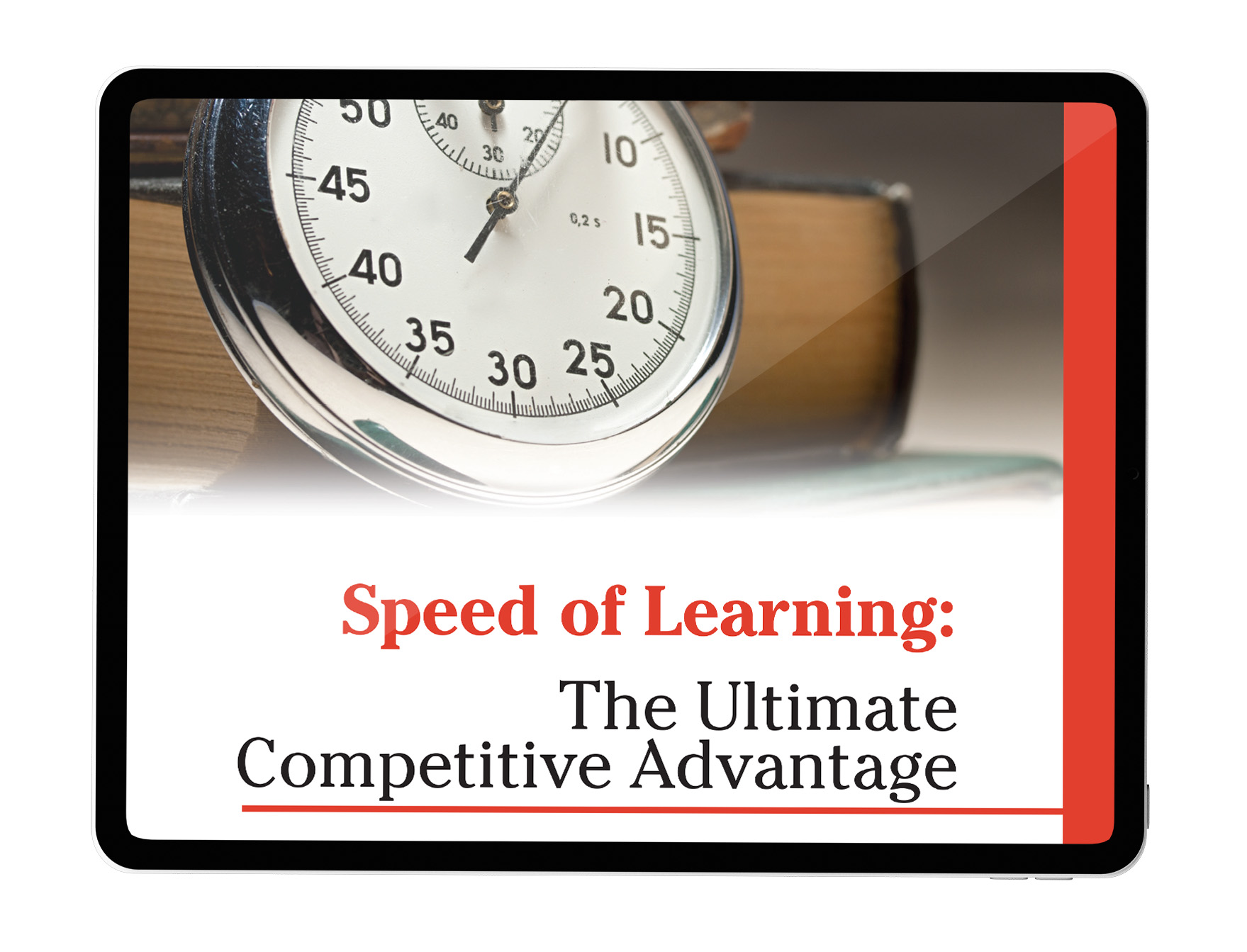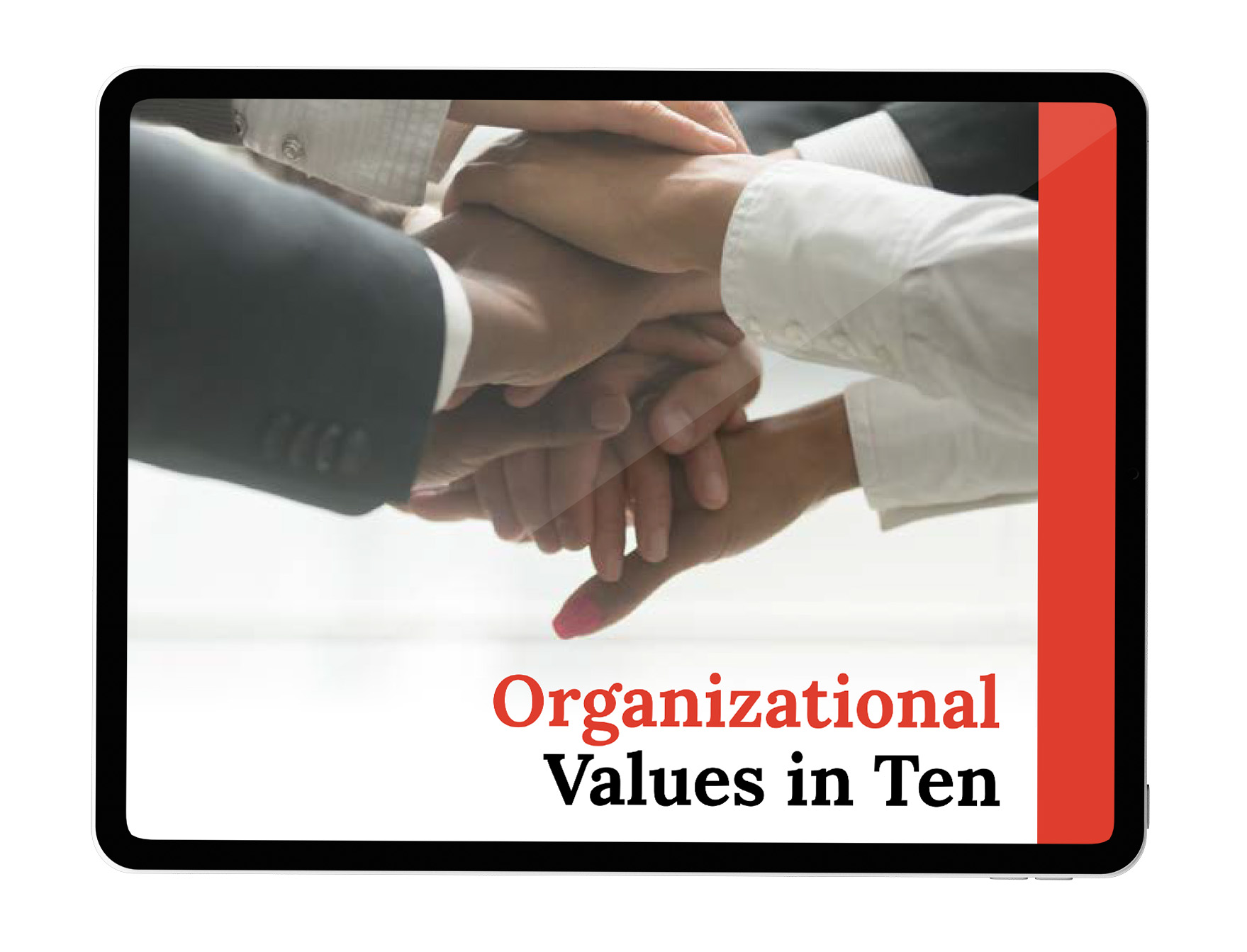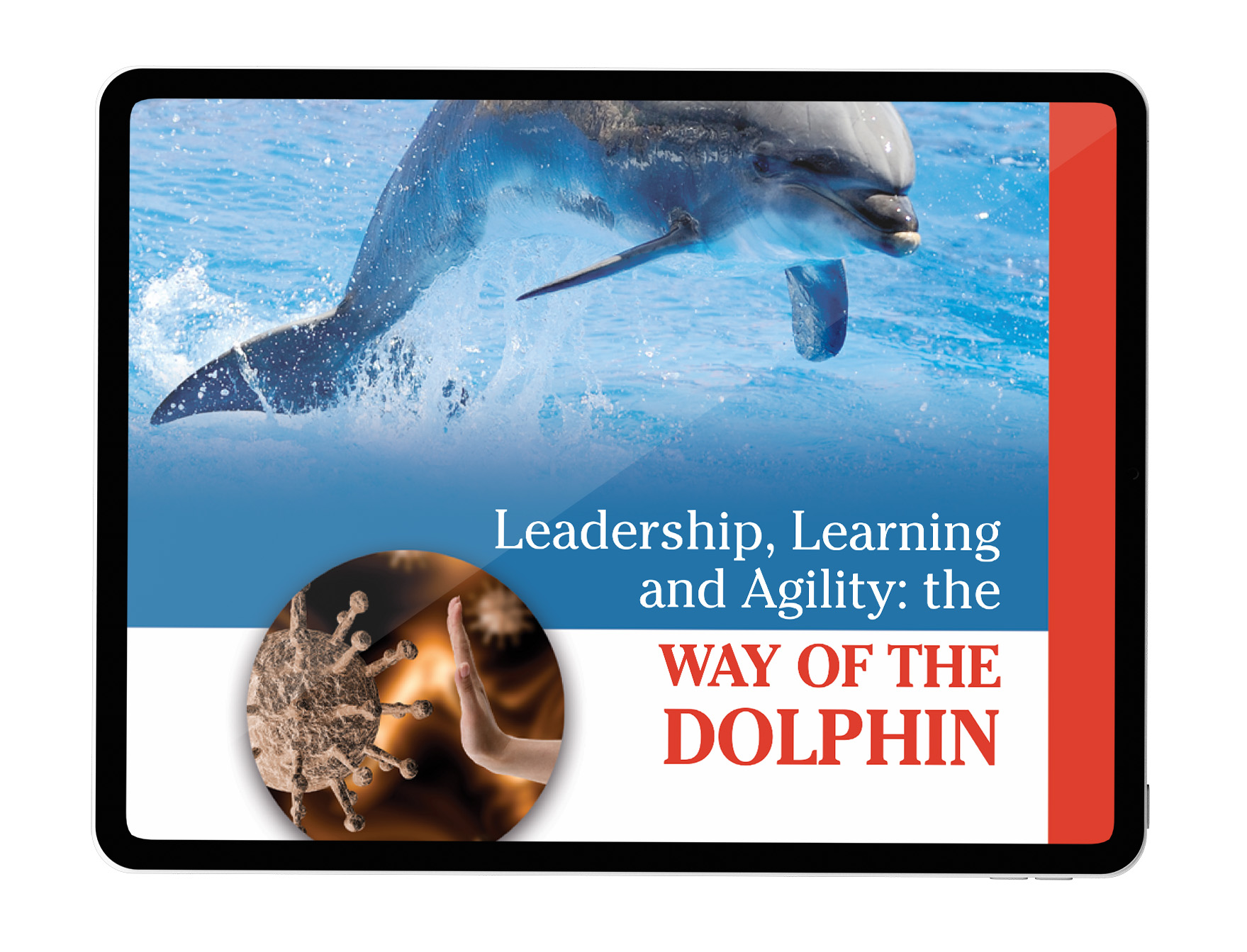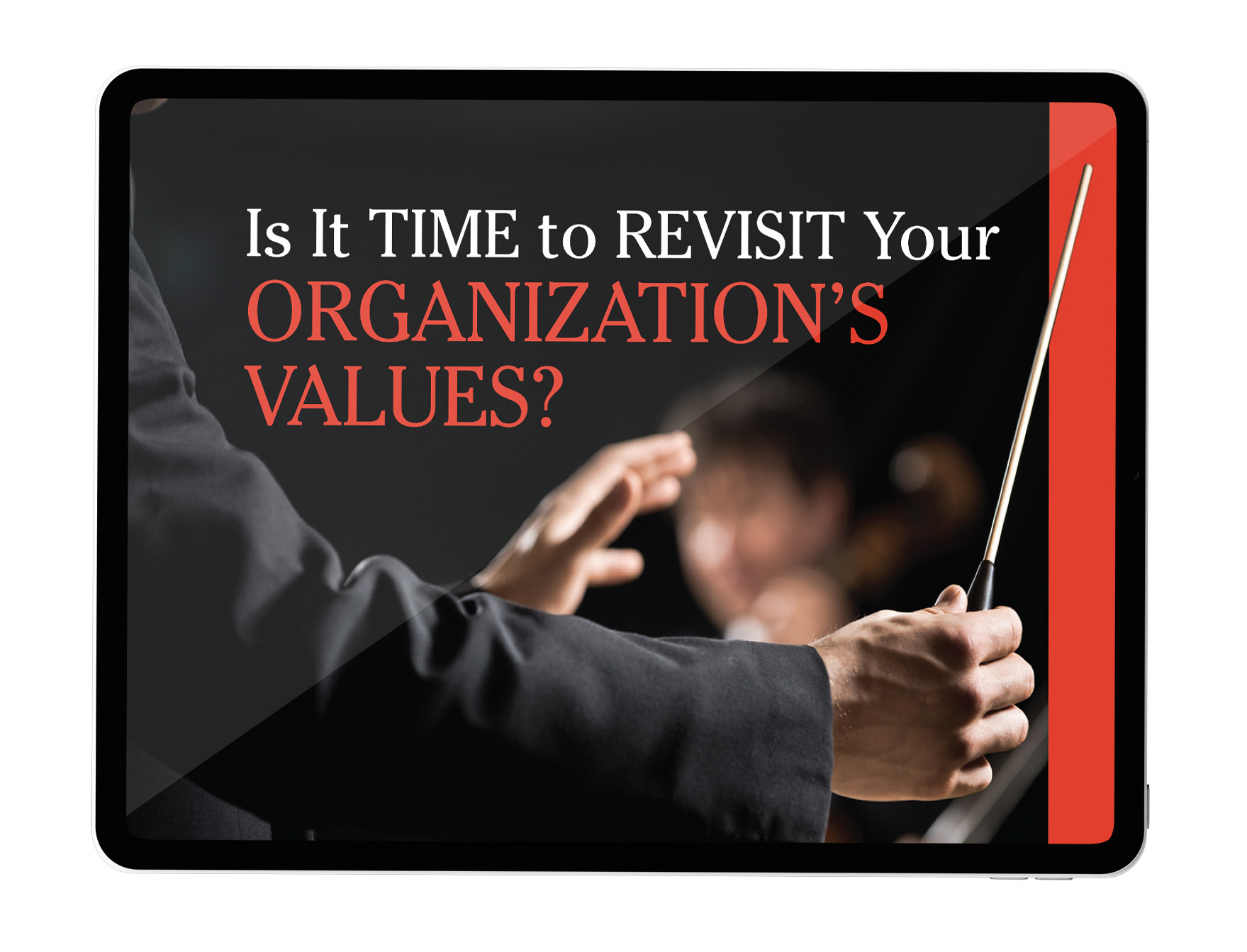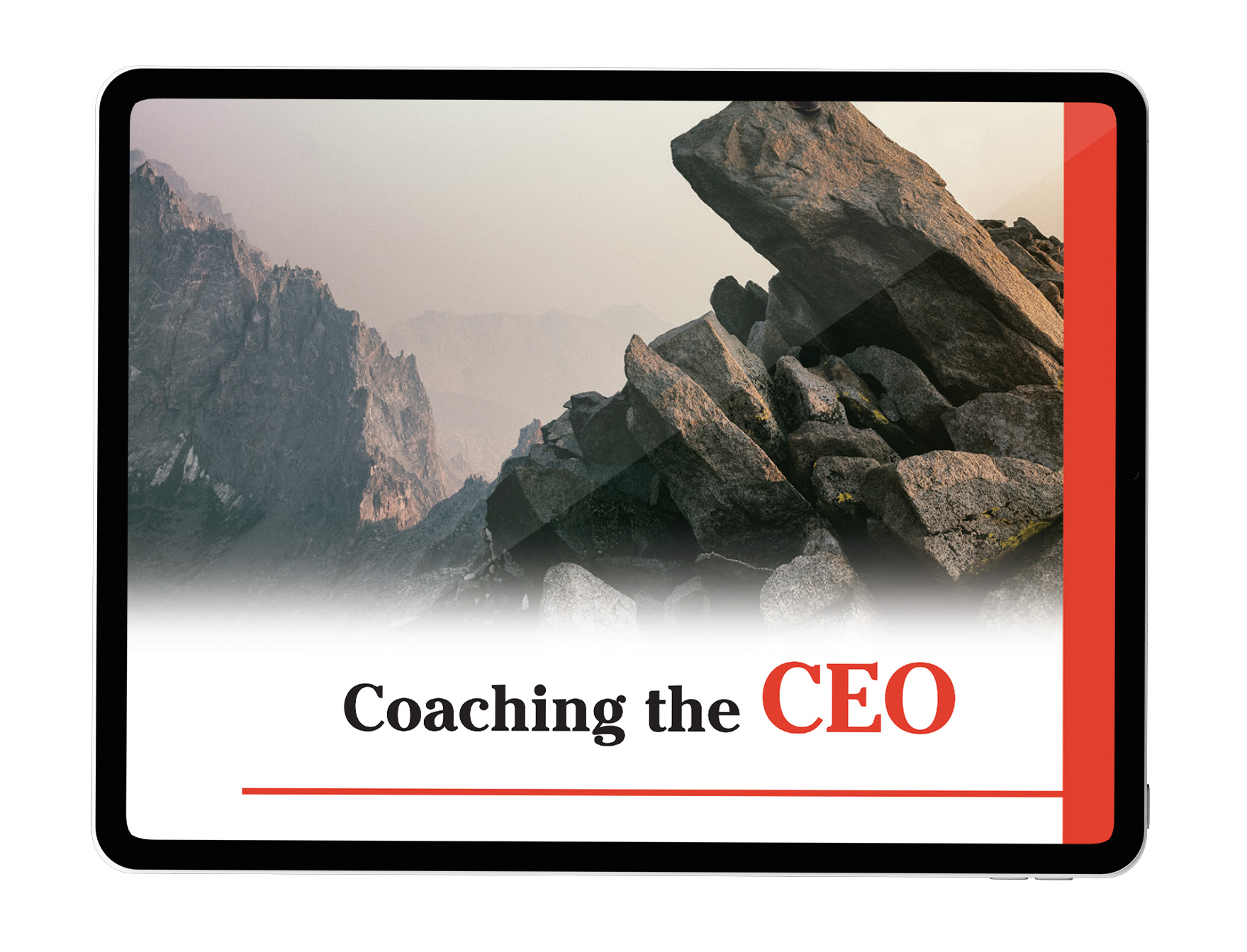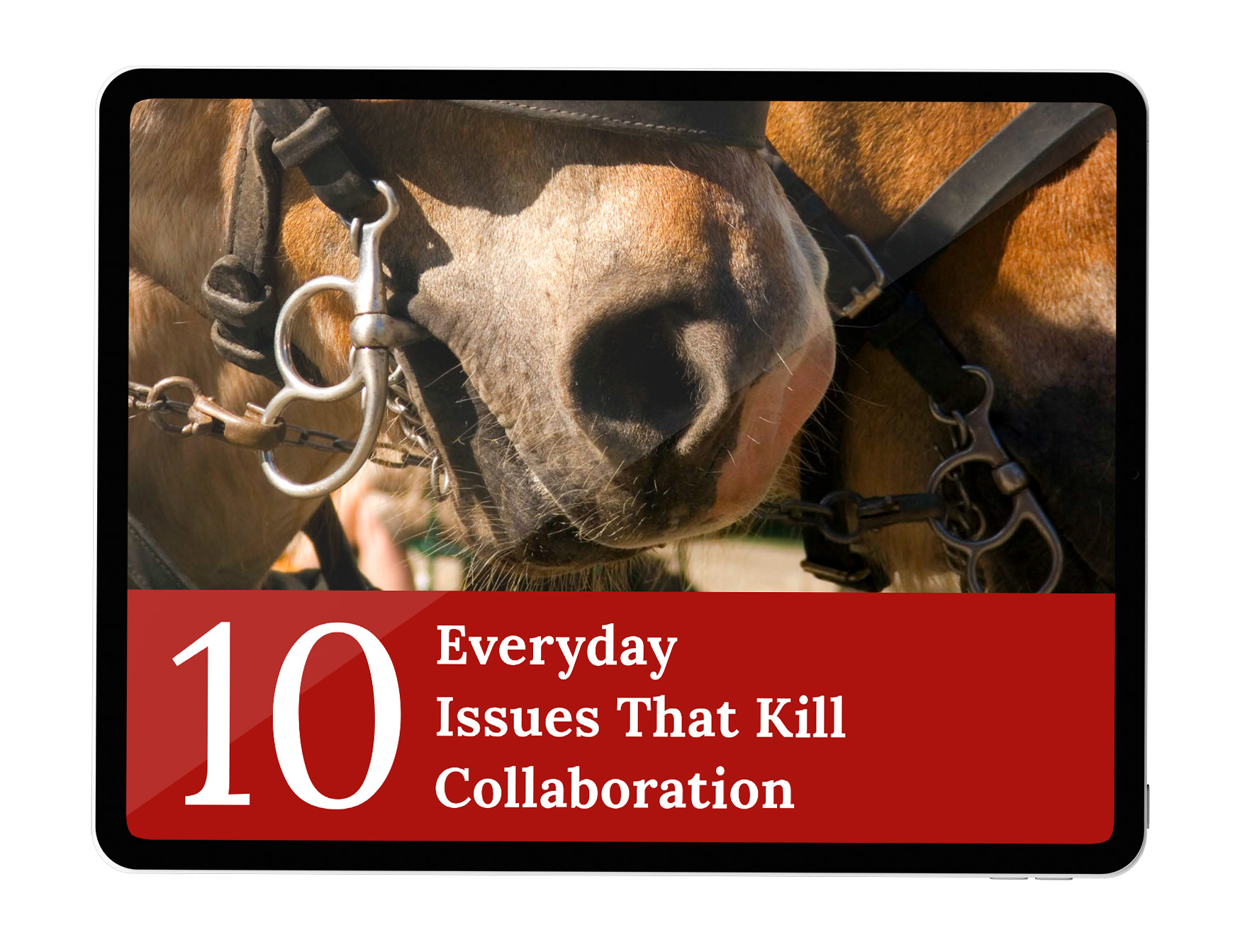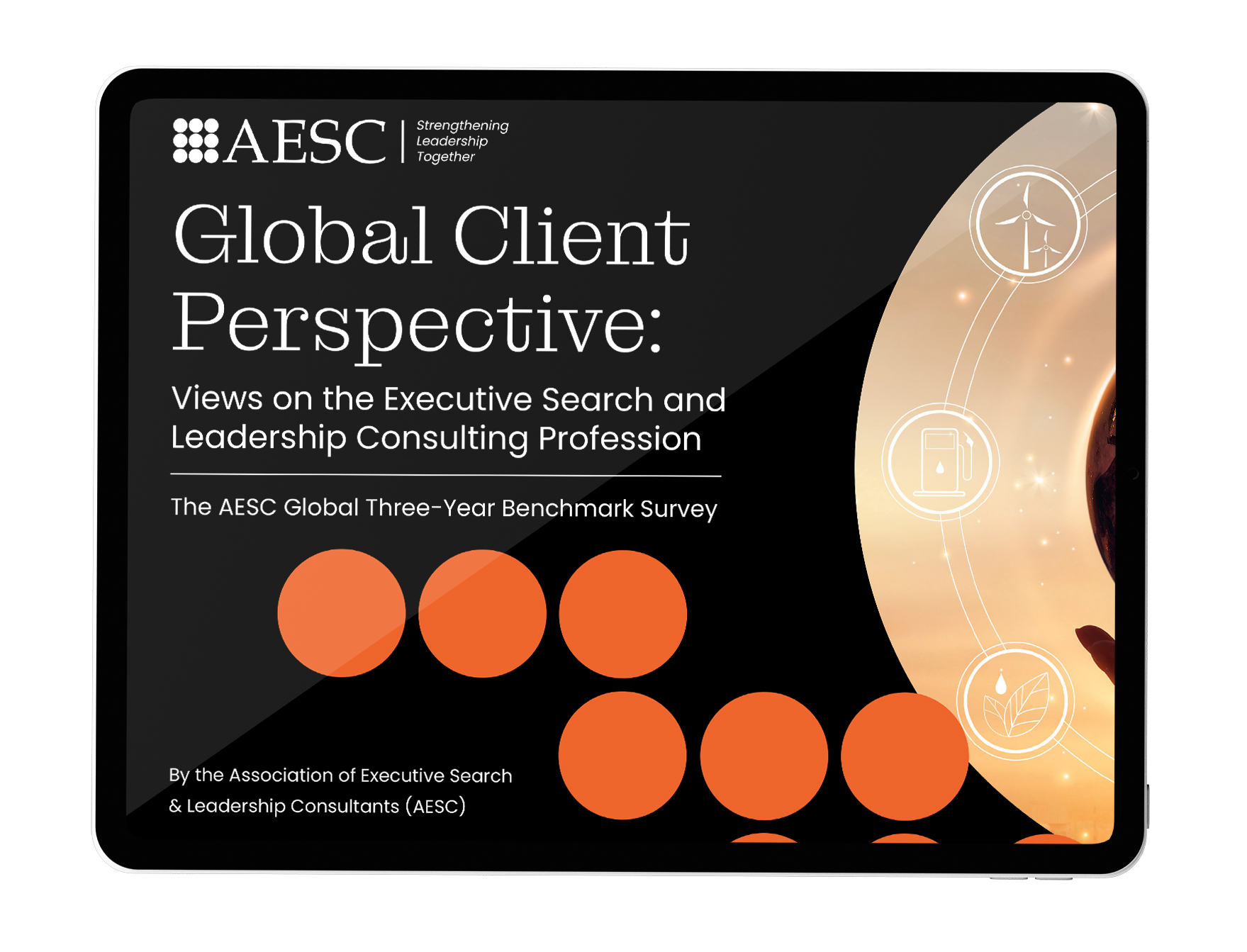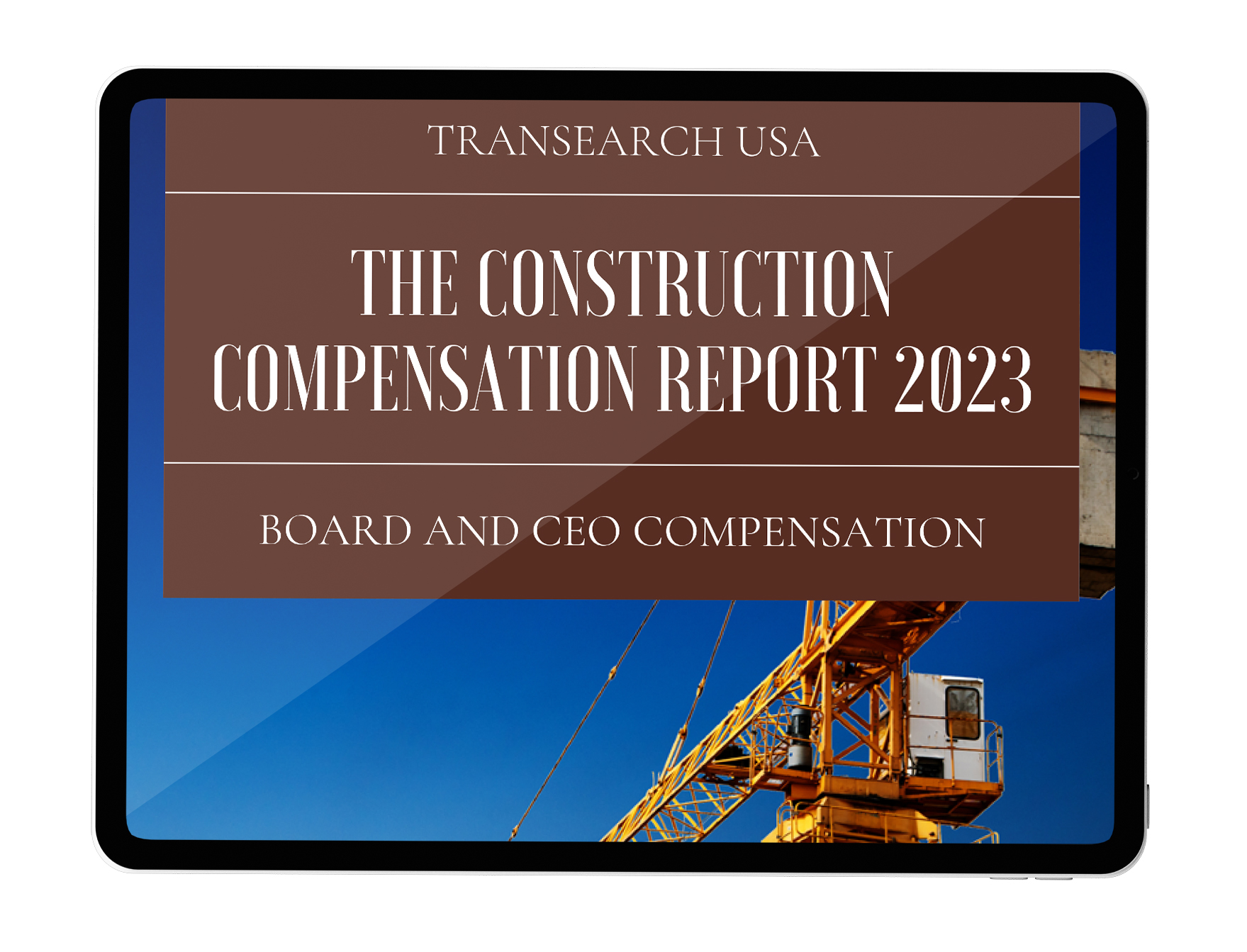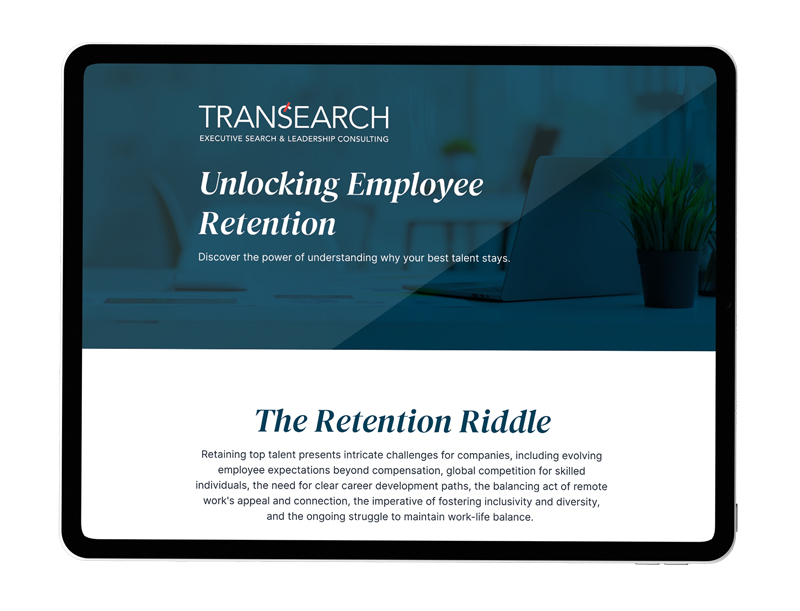Finding the right leaders can determine a firm’s success or failure. Leadership recruiting can be challenging, especially in Venture Capital and Private Equity firms where the company’s success depends on the ability to spot strong entrepreneurial talent.
When recruiting for leadership roles in VC and PE firms, there are five key pillars to remember. These pillars can help to guide your search and position your firm as an attractive option for top-tier talent.
Let’s dive into these pillars and see how they can help your firm find the right leaders.
Begin with a Clear Vision
A clear and concise vision statement is the first and most important pillar of successful leadership recruiting in venture capital and private equity firms.
Before recruiting, your firm should clearly understand its mission and goals. This understanding will guide the search for the ideal leadership candidate. During the recruiting process, make sure to communicate this vision statement to potential candidates.
Prospective leaders should understand the company’s objectives and values before deciding to lead the team.
Focus on Culture Fit
Culture fit is the second pillar of successful leadership recruitment in venture capital and private equity firms. The right candidate must fit into the company culture seamlessly. They should share your values and champion your vision. The ideal candidate should have experience working in a similar company culture, with an excellent reputation for leadership and team development.
Preparing candidates for the culture they will be coming into is very important.
Emphasize Professional Development
Professional development is the third pillar of successful leadership recruiting in venture capital and private equity firms.
The right candidate should be a lifelong learner who is always seeking new knowledge and honing their skills. Top-tier talent is attracted to companies where they can grow personally and professionally.
Your firm should offer professional development opportunities like soft skills training, leadership development, networking events, and mentorship programs to retain the best leadership talent.
Competitive Compensation Packages
Competitive compensation is the fourth pillar of successful leadership recruiting in venture capital and private equity firms.
The right candidate won’t be motivated solely by money, but the compensation package should be sufficiently competitive to attract top talent. The most sought-after candidates with marketable skills and a strong track record will command a premium compensation package.
A recognition-based compensation structure is an excellent way to ensure that your leadership team is rewarded for their value to the organization.
Know Where to Look
The fifth and final pillar of successful leadership recruiting in venture capital and private equity firms is the right place to search for top talent. You can source candidates through various channels, including online job boards, professional networks, and management consulting firms. Using multiple channels is a good strategy as it casts a wider net for scouting the perfect candidate.
Recruiting the best leaders for your venture capital or private equity firm comes with unique challenges. But with a clear vision, understanding of company culture, emphasis on professional development, competitive compensation package, and knowledge of the right channels to source, you’ll be well on your way to assembling a leadership team that can drive your enterprise to success.
When done right, the best leaders will infuse the company with vitality and energy and help the company grow and scale to new heights.











